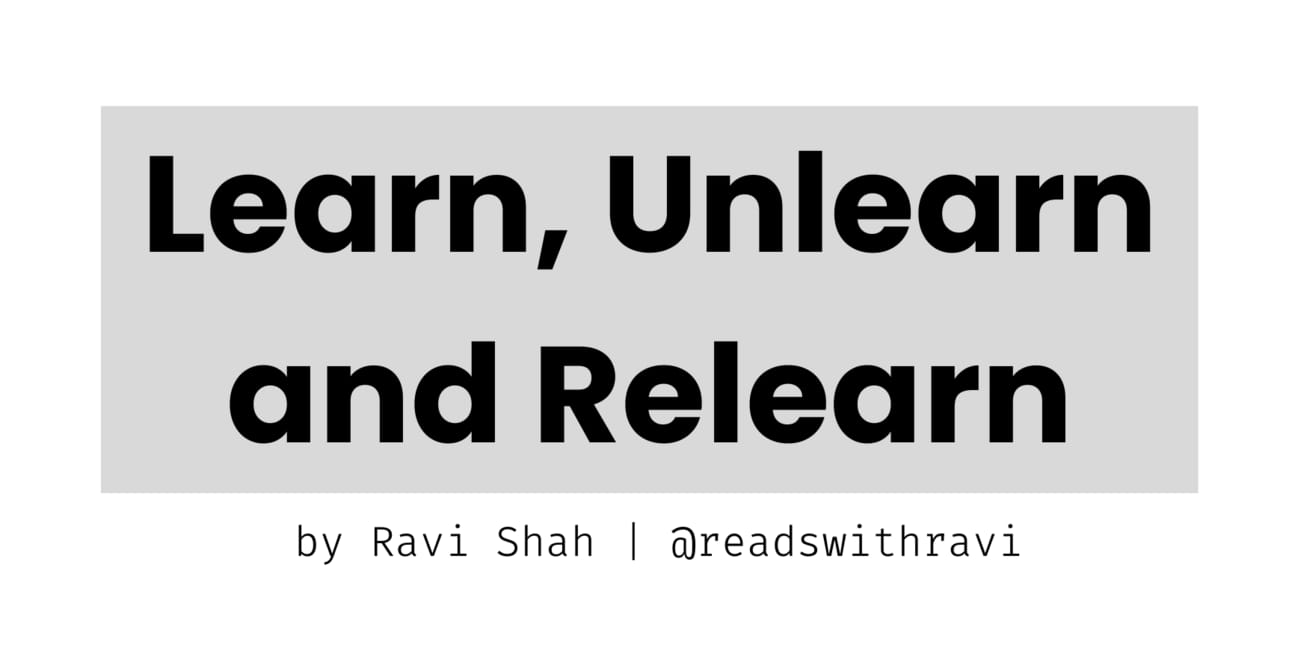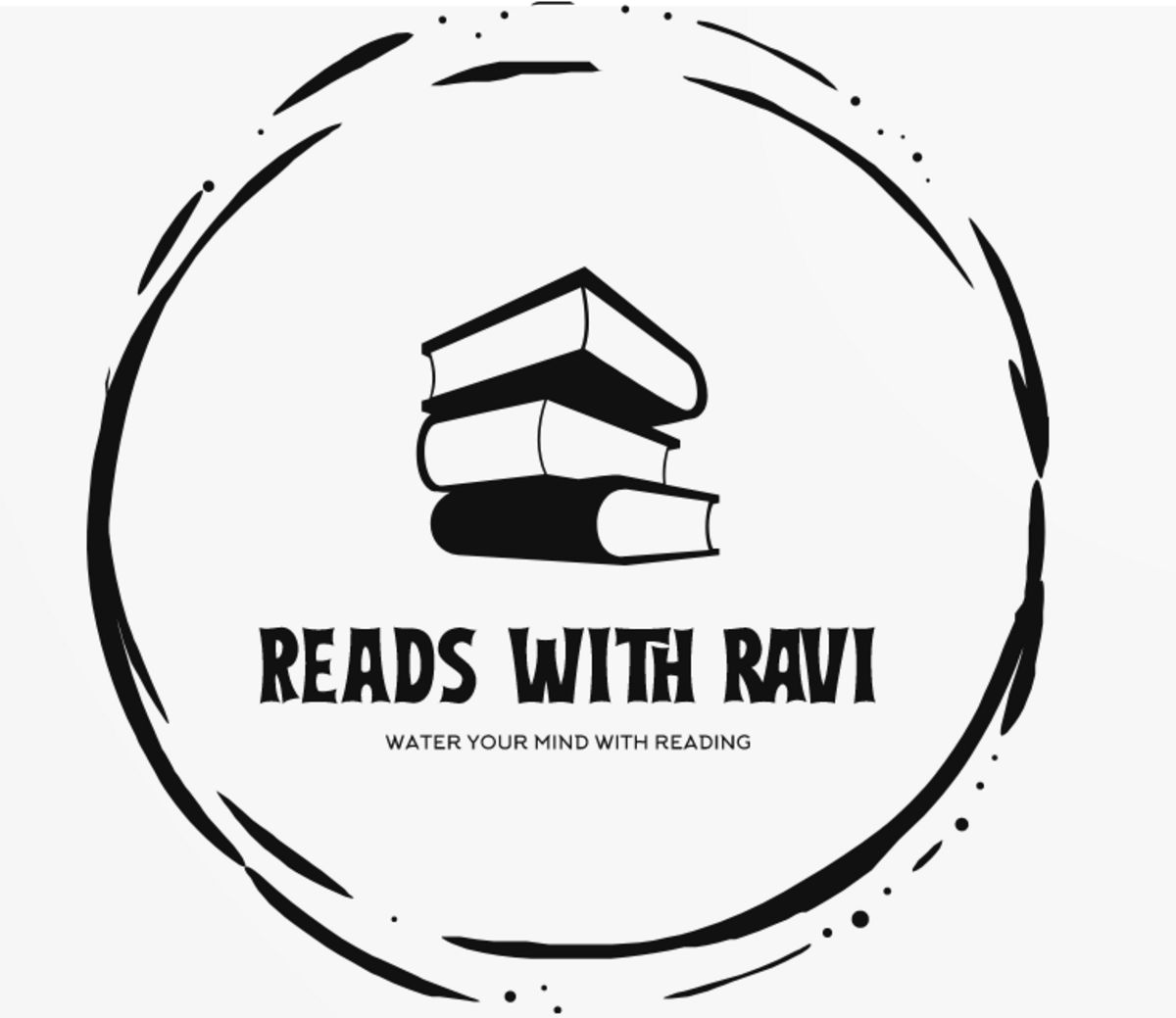
Receive Honest News Today
Join over 4 million Americans who start their day with 1440 – your daily digest for unbiased, fact-centric news. From politics to sports, we cover it all by analyzing over 100 sources. Our concise, 5-minute read lands in your inbox each morning at no cost. Experience news without the noise; let 1440 help you make up your own mind. Sign up now and invite your friends and family to be part of the informed.
Happy Thursday folks!
Here is my favorite passage of the week, two quotes and book of the week with two important lessons to ponder on:
Passage of the Week:
Author and Speaker Robin Sharma on consistent mini-victories:

From The Everyday Hero Manifesto by Robin Sharma
Two Quotes:
“Good friends, good books, and a sleepy conscience: this is the ideal life.”
“In a time of deceit telling the truth is a revolutionary act.”
Book of the Week with 2 Important Lessons:
The book of the week is The Comfort Crisis: Embrace Discomfort to Reclaim Your Wild, Happy, Healthy Self by Michael Easter.

Exciting and enlightening read. It uncovers a blueprint for leveraging the power of discomfort to improve our health and happiness, expand our creativity and help understand what it means to be human.
In many ways, we’re more comfortable than ever before. But could our sheltered, temperature-controlled, overfed, underchallenged lives actually be the leading cause of many of our most urgent physical and mental health issues?
In this gripping investigation, Michael Easter seeks out off-the grid visionaries, disruptive genius researchers, and mind-body conditioning trailblazers who are unlocking the life-enhancing secrets of a counterintuitive solution: discomfort. The Comfort Crisis is a bold call to break out of our comfort zone and explore the wild within ourself. Discover the evolutionary mind and body benefits of living at the edges of your comfort zone and reconnecting with the wild.
Here are two important lessons from the book:
1) Practice the concept of Misogi to expand your potential:
Over our species’ hundreds of thousands of years of evolution, it was essential for our survival to hard shit all the time. To be challenged. And this was without safety nets. These challenges could be from hunts, getting resources for the tribe, moving from summering to wintering grounds, and so on. Each time we took on one of these challenges we’d learn what our potential is.
In modern society, however, it’s suddenly possible to survive without being challenged. We’ll still have plenty of food. We’ll still have a comfortable home. A good job to show up to, and some people who love us. And that seems like an OK life, right? Well, most of us live in a small space right now. We have no idea what exists on the edges of our potential. And by not having what it’s like out on the edge, we really miss something vital.
Once a year, go out into nature and do something really hard. Mimic the challenges that humans evolved to face and explore the edges.
Michael’s two rules of Misogi:
Rule 1: Make it really hard.
Rule 2: Don’t die.
Misogi in not about physical accomplishment. It asks, what are we mentally and spiritually willing to put ourself through to be a better human. It can show us that we had this latent potential we didn’t realize, and that we can go further than we ever believed. When we put ourself in a challenging environment where we can have a good chance of failing, lots of fears fade and things start moving.
2) The Capacity to be Alone:
In today’s increasingly hyperconnected and tribal society where we define ourselves by the group or movement we belong to, it’s not a bad idea to occasionally be alone. Removed from anyone. Time with ourself, unidentified with anything.
Building ‘the capacity to be alone’ may be just as important for us as forging good relationships. The capacity to be alone is essentially the ability to be alone with ourself and not feel uncomfortable or like we have to distract ourself.
There are a lot of great pleasures we can get out of experience of being alone with ourself. In solitude, we can find the unfiltered version of us. People often have breakthroughs where they tap into how they truly feel about a topic and come to some new understanding about themselves. Then we can take our realization out into the social world. Building the capacity to be alone probably makes our interactions with others richer. Because we are bringing to the relationship a person who’s actually got stuff going on in the inside and isn’t just a connector circuit that only thrives off of others.
Research backs solitude’s healthy properties. It’s been shown to improve productivity, creativity, empathy, and happiness, and decrease self-consciousness.
Books I am currently reading:
Mistakes That Made Me a Millionaire: How to Transform Setbacks into Extraordinary Success by Kim Perell. In this book, Kim Perell shows how mistakes aren’t detours but stepping stones, offering a roadmap to bounce back with confidence and transform failures into opportunities.
How to Make Your Brain Your Best Friend by Rachel Barr. A delight-filled, evidence-based guide to taking better care of our brain; so it, in turn, will take better care of us.
READING TIP: Question Whether the Book is Worth Reading
We often consume a lot of things out of habit, without questioning their worth, books included.
Never feel obligated to finish a book that doesn’t interest you. There are many great books out there to read. Read what you are interested in, or ignite your curiosity, or help develop the skills you want to cultivate.
Thank you for reading and all your support.
I am excited to keep bringing you the new and old books, great insights, and lessons.
Until next week, stay curious and happy reading!
— Ravi Shah | @readswithravi



